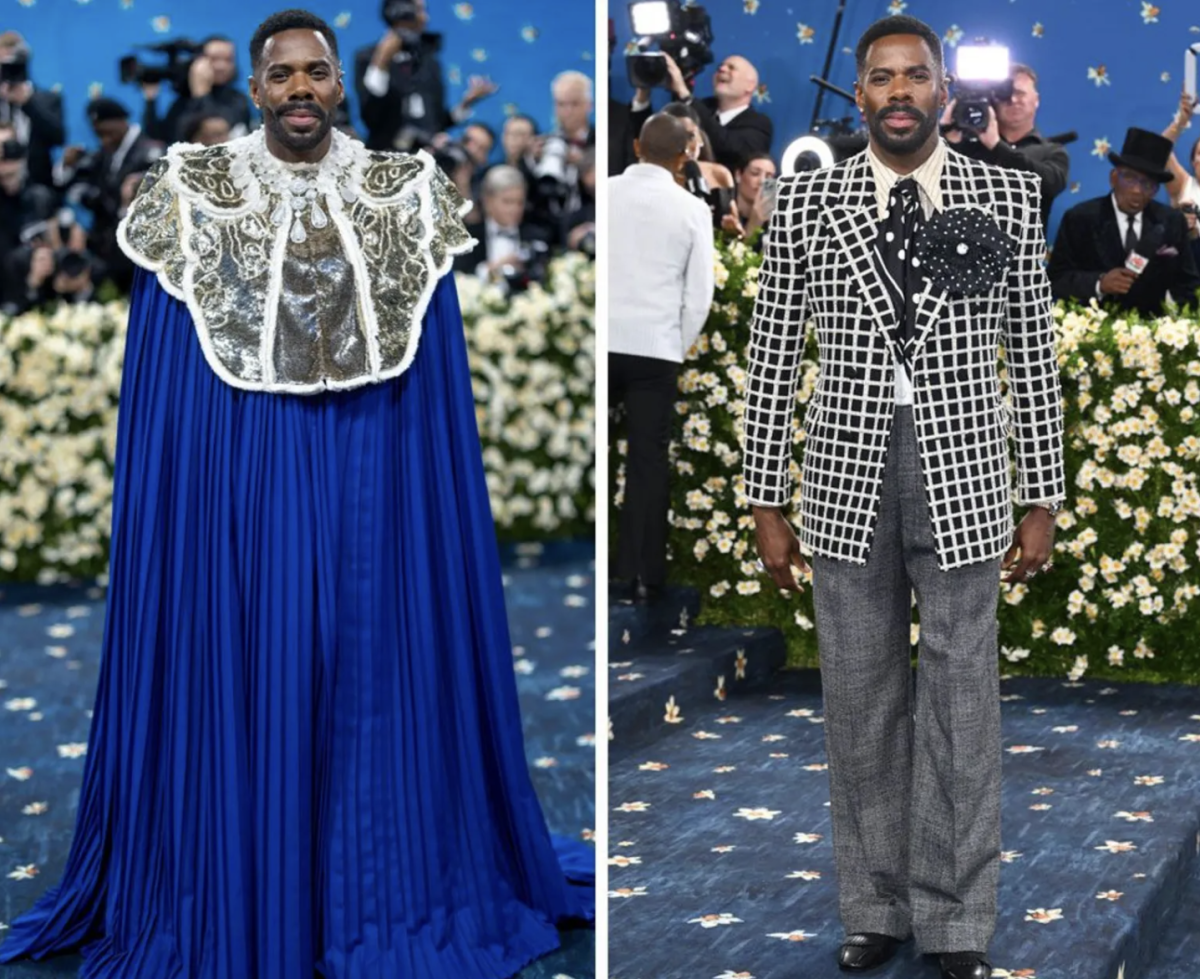If you’re looking for something a little easier to access and quicker to read, a nice thoughtful online article is always a good solution. As promised in the print issue, here is a link to one:
http://www.slate.com/articles/news_and_politics/low_concept/2004/08/manifesto.html
A good book changes our conception of the world, whether by clarifying beliefs we already hold or by challenging them in a way of which we hadn’t thought before. For this reason, good books are both universal and highly personal: they speak to what it means to be human, but they speak in such a way to a very specific and unique audience—the reader. These are 10 books that have changed my perspective.
Non-Fiction
“The Right Stuff” by Tom Wolfe: A reflection on Cold War America, through the story of the development of the NASA space program. This sounds like a history lecture, but it’s told by Tom Wolfe. Every sentence walks the line between ridiculous and breath-taking. A sample: “The g-forces slammed them back in their seats and they shot up like shells, and the sky turned blue-black and the g-forces slid off and they came sailing over the top of the arc, about pale-blue desert 75,000 feet up, silent and weightless – an experience like unto what the brethren themselves had known! – and these boys thought that was neat.”
“Day of Empire” by Amy Chua: Before she wrote “Battle Hymn of a Tiger Mother,” she wrote this, and this is much better. It’s the most readable history book I’ve ever read, and her argument about what makes countries powerful is fascinating and thought-provoking. It also serves as a concise summary of world history from Cyrus to Bush.
“The Canon” by Natalie Angier: An overview of the major science disciplines in prose that would delight an English major. An awesome jumping-off point if you’re interested in learning more about a subject, but don’t know where to start.
“Justice” by Michael Sandel: A second overview, this time for philosophers. The difficulty with philosophy is that many philosophers have great ideas, but are terrible at expressing them. Sandel helps everyone out by going through the major philosophical movements discussed today and explaining them in clear, concise language. This is a great book for general understanding, but it also cites many good authors for those interested in further reading.
“Work Hard, Be Nice” by Jay Mathews: The story of the two men who started the KIPP charter school organization. I literally couldn’t put this book down–I finished it in a day. This is an amazing example of how focused and dedicated volunteers can literally change the world, and made me rethink my approach to service.
Fiction
“Good Omens” by Terry Pratchett & Neil Gaiman: An angel and a demon try to prevent the apocalypse in modern England. This book is so clever and so funny and, ultimately, so thoughtful. It’s my first recommendation for anyone who hasn’t read it.
“Mr. Midshipman Hornblower” by C.S. Forester: A young man joins the English Navy during the Napoleonic wars. Some people find themselves in Holden Caulfield (“The Catcher in the Rye”); I found myself in Horatio Hornblower. He’s my favorite character in fiction because he’s the most real: well-meaning but flawed, self-aware and prone to self-doubt.
“All Quiet on the Western Front” by Erich Remarque: A student enlists in the army and experiences World War I. There are many great novels (“Catch-22,” “Slaughterhouse Five”) that deal with the mind games of war; this just looks at the bloody and banal truth of trench fighting. It’s as simple and powerful as a punch to the gut.
“Buddenbrooks” by Thomas Mann: A wealthy family loses its power and prestige over four generations. Leo Tolstoy is well-known; Mann less so, but I would argue that this social critique is as compelling as any of Tolstoy’s works. It also has the advantage of wonderful pacing and prose that makes the decadence, the slow rot of a glittering family, come alive.
“Atlas Shrugged” by Ayn Rand: A woman struggles against collectivism over the course of more than 1,000 pages (Rand was originally from Russia, the land of Tolstoy and Dostoevsky). She’s an extreme libertarian, and this is her manifesto. If you don’t like the politics, you can just analyze her rhetoric–her strong sentences are the epitome of good propaganda. (For those more interested in a viable political philosophy, I suggest “The Road to Serfdom” by F.A. Hayek)
– Kay

